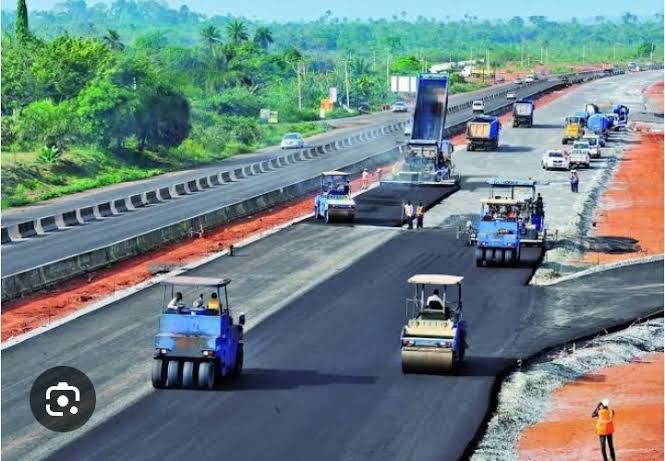Paragraph 1: Introduction and Background
The AEC Unity Network Limited, the officially recognized concessionaire for the Abuja-Lagos Super Highway and High-Speed Train projects, has issued a strong denial of any association with the AEC-Geofocus Consortium and its representatives. This clarification comes in response to recent media reports featuring claims by an engineer, Yinka Idris, purporting to represent Geofocus and asserting involvement in the projects. These claims, deemed misleading by AEC Unity Network, have prompted the company to reiterate its exclusive mandate for the ambitious infrastructure development.
Paragraph 2: The Contested Claims and Project Details
Engineer Yinka Idris, identified as the Director of Operations of AEC-Geofocus, publicly announced the Federal Government’s readiness to commence the Lagos-Abuja Super Highway and High-Speed Train projects by February 2025, estimating a project cost of $16 billion. He outlined the project’s scope, encompassing a 500-kilometer route connecting Lagos, Ogun, Oyo, Osun, Kwara, Kogi, Niger, and the Federal Capital Territory, Abuja. Idris further detailed the project’s structure as a design, build, finance, operate, and maintain (DBFOM) model, explicitly stating AEC-Geofocus’s leadership role in the consortium of engineers, planners, and investors backing the project.
Paragraph 3: AEC Unity Network’s Rebuttal and Official Position
AEC Unity Network, through its legal consultant, Ayodeji Ademola, has categorically refuted Idris’s claims, labeling them baseless and an attempt to mislead the public. The company emphasized its commitment to transparency and underscored its exclusive concession from the Federal Government to design, finance, construct, operate, and maintain the 470-kilometer superhighway and high-speed rail link between Abuja and Lagos. This authorization, according to AEC Unity, stems from approvals granted by the Federal Ministry of Works, the Federal Ministry of Finance, and the Infrastructure Concession Regulatory Commission (ICRC), solidifying its sole mandate for the project.
Paragraph 4: Allegations of Deceptive Practices and Warnings to Stakeholders
AEC Unity Network has accused certain individuals and entities of engaging in deceptive practices to gain undue recognition for projects they are not affiliated with. Specifically, the company has denied any connection whatsoever with Engineer Mutiu Yinka Idris, Prince Fisayo, or Geofocus. A public warning has been issued, particularly targeting local and foreign investors, urging them to disregard any contrary claims regarding the Abuja-Lagos corridor projects. The company has reiterated that its projects are currently in the planning phase and that no other concurrent development initiatives have been authorized on the same route.
Paragraph 5: Project Status and Government Alignment
AEC Unity Network has emphasized that its projects are still in the planning stages, thereby invalidating any claims of imminent commencement. They have explicitly stated that the claims made by Idris and Geofocus are not aligned with their proposed infrastructure plans and are likely intended to confuse and potentially defraud unsuspecting stakeholders. They underscored the significance of the Abuja-Lagos Super Highway and High-Speed Train projects as cornerstone initiatives under President Bola Tinubu’s Renewed Hope Agenda, which aims to bolster national infrastructure and stimulate economic development. This alignment with the national agenda highlights the importance of accurate information dissemination and the prevention of misleading representations.
Paragraph 6: Implications and Call for Caution
The conflicting claims surrounding the Abuja-Lagos Super Highway and High-Speed Train projects highlight the importance of due diligence and reliance on verified information. AEC Unity Network’s forceful denial and accusations of deceptive practices underscore the potential for misinformation and its potential impact on investors and the public. The company’s emphasis on its exclusive mandate and the ongoing planning phase serves as a crucial cautionary message, urging stakeholders to exercise caution and verify information before engaging with any purported representatives of the project. This clear communication is essential to maintain the integrity of the project and protect potential investors from misinformation and potential fraud.














